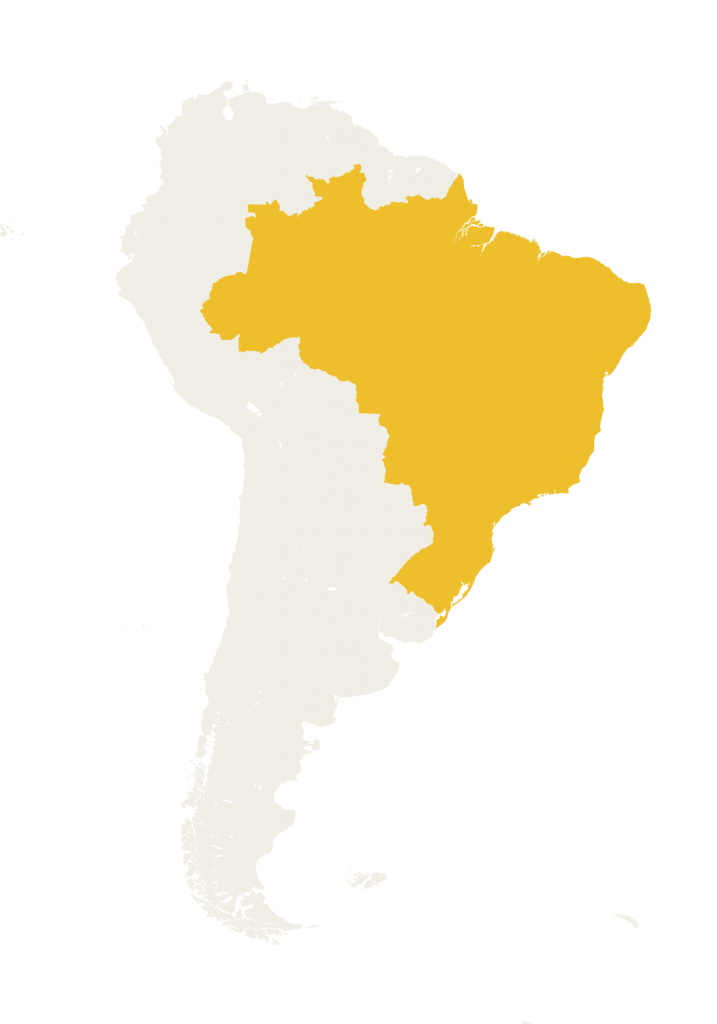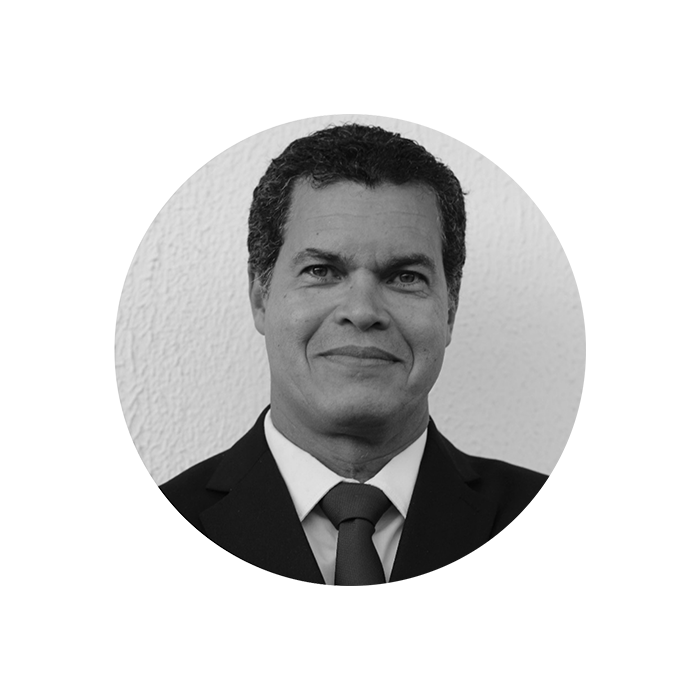
BRAZIL
Brazil is home to 60% of the Amazon rainforests – and one-third of the world’s rainforests.
Almost 60% of the country is covered by rainforests. This rainforest cover makes Brazil the most biodiverse country on Earth.
Between 2004 and 2014, the rate of deforestation in the Brazilian Amazon fell nearly 80% to the lowest levels on record. During the same period, Brazil’s economy grew roughly 40% suggesting a decoupling of economic growth from deforestation.
After a decade of decline, deforestation spiked in 2016 to the highest level since 2008, and in 2017 Brazil experienced its second-highest rate of tree cover loss.
Agriculture is the main driver of Brazil’s deforestation, with beef and soy production the main contributors. Urbanization, infrastructure, logging and mining have also been important factors.
Brazil is home to more than 111 million hectares of legally-recognized Indigenous territories, which cover 13% of the country of Brazil and one-quarter of the Amazon. Legally recognized Indigenous and community forests in Brazil store 36% more per carbon per hectare than other forests.

CARLOS VICENTE , COUNTRY FACILITATOR
Carlos Vicente is a forest engineer (Federal Rural University of Rio de Janeiro – UFRRJ) and holds an MBA in Natural Resources Management (Costa Rican Institute of Business Administration – INCAE). He has vast experience in Brazilian Amazon issues, having served as State Secretary for Forest & Traditional Populations in the State of Acre, Director of the National Forestry Program at the Minister of Environment of Brazil, Technical Adviser for former-Environmental Minister Marina Silva and, currently, as a Legislative Advisor on social-environmental issues for the Leadership of Political Party Sustainability Network at the Federal Senate.
In his 32 years of experience in the fields of forestry research and sustainable economic development, Carlos worked closely with social environmental movements, including the National Council of Rubber Workers, the Amazon Workers Center, rural workers unions and environmental non- profits. He was one of the co-authors of the Plan for Prevention and Control of Deforestation at the Brazilian Amazon (PPCDAM), that reduced deforestation rates by 83%, avoiding the emission of 4 billion tons of CO2 into the atmosphere; and also lead the creation of Amazon’s first program of Payment for Environmental Services.
During his time as State Secretary, Carlos also supported the foundation of the Central Cooperative of Non-Timber Products Commercialization of the State of Acre, the largest producer of processed Brazil nuts in the country. As recognition for his efforts to advance conservation in the Amazon, Carlos received in 2001 an Appreciation Award from the United States Agency for International Development (USAID).

